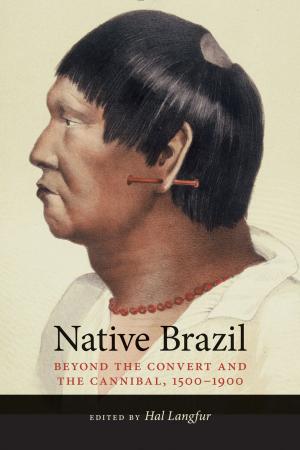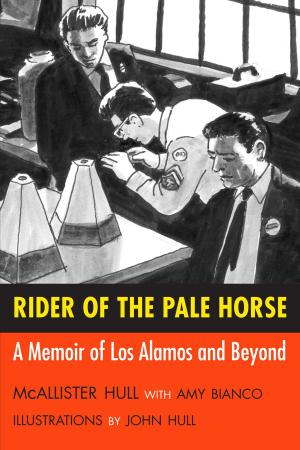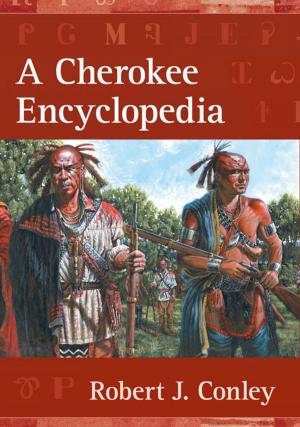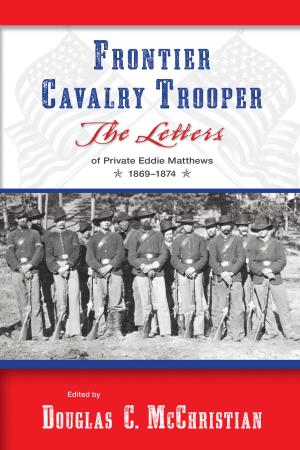| Author: | Louis Kraft | ISBN: | 9780826354051 |
| Publisher: | University of New Mexico Press | Publication: | June 1, 2000 |
| Imprint: | University of New Mexico Press | Language: | English |
| Author: | Louis Kraft |
| ISBN: | 9780826354051 |
| Publisher: | University of New Mexico Press |
| Publication: | June 1, 2000 |
| Imprint: | University of New Mexico Press |
| Language: | English |
The two pre-eminent warriors of the Apache Wars between 1878 and 1886, Lieutenant Charles B. Gatewood of the Sixth United States Cavalry and Chiricahua leader Geronimo, respected one another in peace and feared one another in war. Within two years of his posting to Arizona in 1878, Gatewood became the armys premier "Apache man" as both a commander of Apache scouts and a reservation administrator, but his equitable treatment of Indians aroused the enmity of civilian and military detractors, and the army shunned him. In the late 1870s Geronimo, a medicine man, emerged as a brilliant Chiricahua leader and fiercely resisted his people's incarceration on inhospitable federal reservations. His fight for freedom, often bloody, in New Mexico, Arizona, and Mexico triggered the deployment of hundreds of United States and Mexican troops and Apache Scouts to hunt him and his people. In the end, the United States Army recalled Gatewood to Apache service, ordering him into the Sierra Madre of northern Mexico to locate Geronimo and negotiate his band's surrender. Showing the depravity and desperation of the Apache wars, Louis Kraft dramatically recreates Gatewood's final mission and poignantly recalls the United States government's betrayal of the Chiricahuas, Geronimo, and Gatewood at the campaign's end.
The two pre-eminent warriors of the Apache Wars between 1878 and 1886, Lieutenant Charles B. Gatewood of the Sixth United States Cavalry and Chiricahua leader Geronimo, respected one another in peace and feared one another in war. Within two years of his posting to Arizona in 1878, Gatewood became the armys premier "Apache man" as both a commander of Apache scouts and a reservation administrator, but his equitable treatment of Indians aroused the enmity of civilian and military detractors, and the army shunned him. In the late 1870s Geronimo, a medicine man, emerged as a brilliant Chiricahua leader and fiercely resisted his people's incarceration on inhospitable federal reservations. His fight for freedom, often bloody, in New Mexico, Arizona, and Mexico triggered the deployment of hundreds of United States and Mexican troops and Apache Scouts to hunt him and his people. In the end, the United States Army recalled Gatewood to Apache service, ordering him into the Sierra Madre of northern Mexico to locate Geronimo and negotiate his band's surrender. Showing the depravity and desperation of the Apache wars, Louis Kraft dramatically recreates Gatewood's final mission and poignantly recalls the United States government's betrayal of the Chiricahuas, Geronimo, and Gatewood at the campaign's end.















